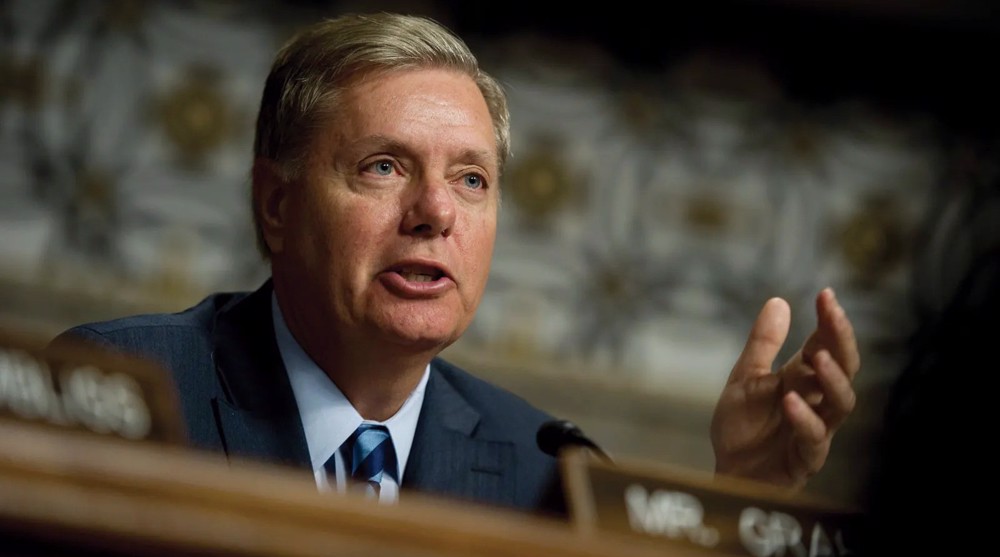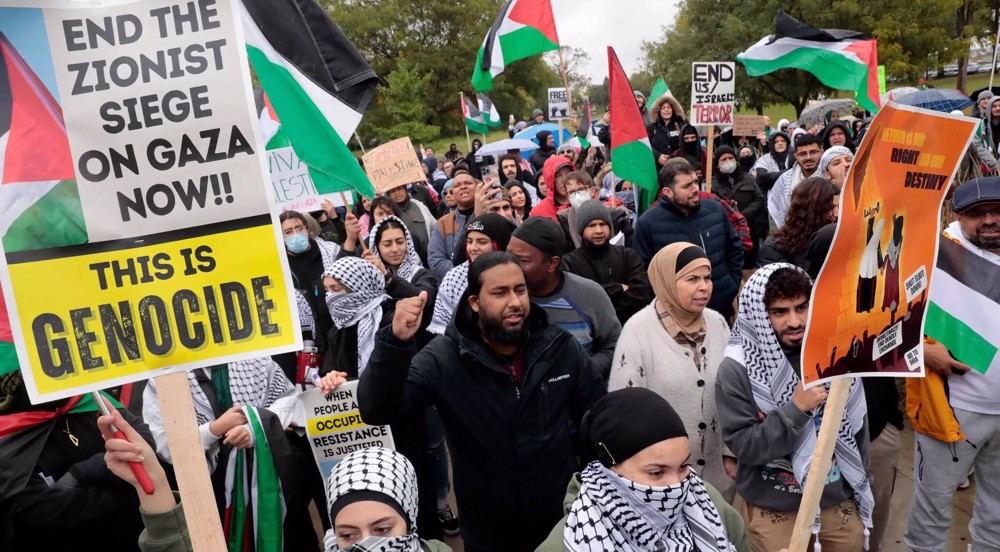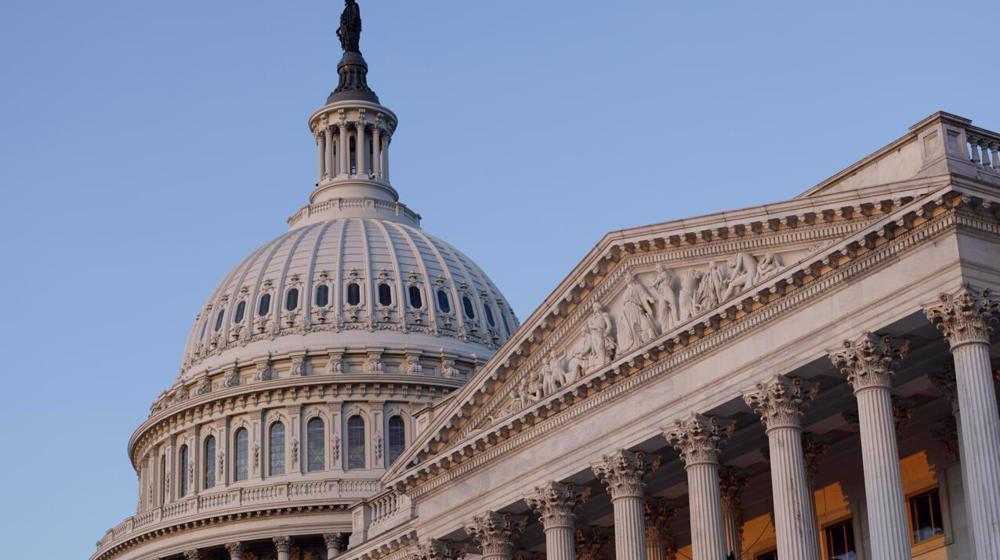Former US president says latest brain scan shows no cancer
Former US President Jimmy Carter says the cancer that was discovered in his liver and then spread to his brain has gone.
"My most recent MRI brain scan did not reveal any signs of the original cancer spots nor any new ones. I will continue to receive regular three-week immunotherapy treatments of pembrolizumab," Carter said in a brief statement on Sunday.
The 91-year-old Nobel peace laureate revealed on August 12 that he had liver cancer that spread to other parts of his body. He said he underwent surgery to remove a small mass in his liver on August 3.
A friend of Carter's told the Atlanta Journal-Constitution that he first revealed the news in front of a Sunday school class he leads at Maranatha Baptist Church in his native Plains, Georgia.
"He said he got a scan this week and the cancer was gone," church congregant Jill Stuckey told the paper by phone, adding that "the church, everybody here, just erupted in applause."
Carter had already undergone surgery to remove the cancer from his liver, but an MRI scan in August found four new spots of melanoma on his brain.
"I'm perfectly at ease with whatever comes," said the veteran statesman, who travels around the world to support humanitarian causes, adding that his situation "is in the hands of God, whom I worship."
“I’ve had a wonderful life, I’ve had thousands of friends, and I’ve had an exciting and adventurous and gratifying existence,” he said.
Cancer experts had expressed hope that Carter might survive because of this new radiation technique, known as stereotactic radiation, which allows doctors to tightly focus beams on each specific tumor.
Carter, a Democrat from Georgia, was the 39th president of the United States. He was in office from 1977 to 1981.

A year after leaving the White House, he founded the Carter Center in Atlanta to promote healthcare, democracy and other issues.
Carter was awarded the Nobel Peace prize in 2002 for his commitment to finding peaceful solutions to international conflicts and his work for human rights and the promotion of democracy.
The former US president is a member of The Elders group of retired prominent world figures "working together for peace and human rights". He published his latest book last month, titled "A Full Life: Reflections at Ninety."
Carter has also emerged in recent years as an outspoken critic of Israel for its oppression and brutality against the Palestinian people.
In his book Palestine: Peace Not Apartheid, published in November 2006, Carter states that Israel's continued control and colonization of Palestinian lands have been the primary obstacles to a comprehensive peace agreement.
He declared that Israel's current policies in the occupied Palestinian territories constitute "a system of apartheid, with two peoples occupying the same land, but completely separated from each other, with Israelis totally dominant and suppressing violence by depriving Palestinians of their basic human rights."
VIDEO | Russia's new hypersonic missiles target Ukraine
VIDEO | US expands military role in Yemen
VIDEO | Iran Tech Park hosts annual student event
‘Extremely critical’ to avoid Syria being dragged into war: UN evnoy
What led to dilly-dallying in ICC arrest warrants against Netanyahu, Gallant
Palestinians flee Gaza City suburb after Israel issues forced evacuation order
Iran says will discuss key nuclear, regional issues with France, Germany, UK
VIDEO | Israeli archaeologist killed in Southern Lebanon










 This makes it easy to access the Press TV website
This makes it easy to access the Press TV website